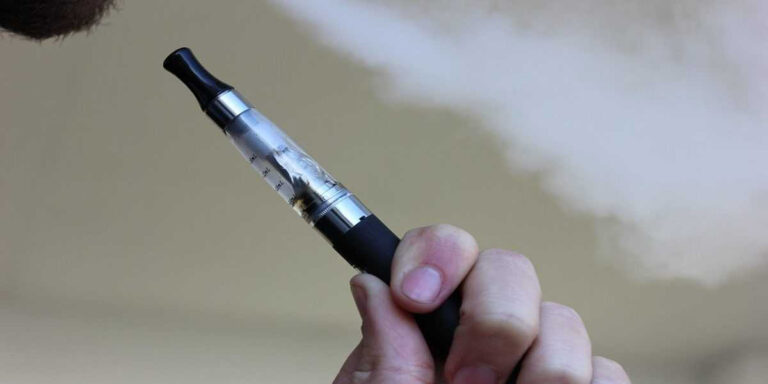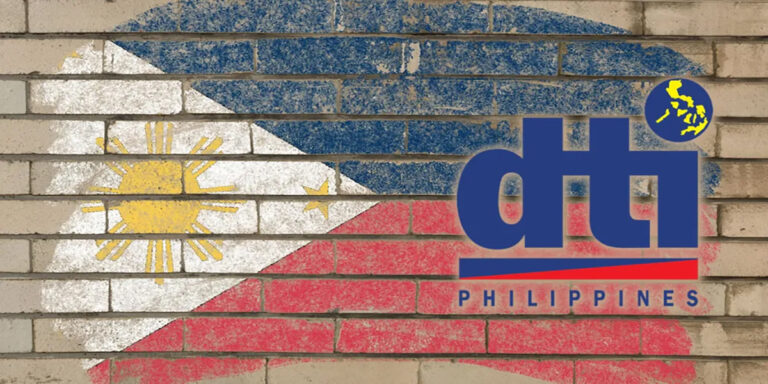Despite the Brazilian National Health Surveillance Agency (Anvisa) strengthening its ban on electronic cigarettes in April 2024, recent revelations from O Estado de São Paulo indicate ongoing sales via online platforms like iFood and Rappi.
Overview of Anvisa’s Ban on E-Cigarettes
Anvisa’s comprehensive ban targets all aspects of the e-cigarette industry, including advertising, production, import, sale, distribution, storage, and transport, reflecting its commitment to public health. However, the continued online sales of these products suggest that current enforcement measures are insufficient.
Challenges in Enforcement
Consumers easily find and purchase e-cigarettes online, with brands like Ignite and Elfbar available through disguised listings such as “Batida Mk Econômica Gelada” on platforms like iFood. This subterfuge not only indicates the sellers’ adeptness at circumventing laws but also points to significant monitoring and control challenges faced by regulators in digital marketplaces.
Platform Responsibility and Response
Following the exposé, iFood and Rappi acknowledged the oversight issues and pledged to implement stricter controls. iFood announced that vendors found selling prohibited items would be immediately blocked, while Rappi committed to removing illegal advertisements and taking legal action against non-compliant sellers.
Public Health Implications and Market Dynamics
The illegal sale of e-cigarettes, particularly their availability to minors, poses serious public health risks. These activities create an uneven market dynamic, disadvantaging legitimate businesses and potentially deceiving consumers.
Conclusion
The ongoing availability of e-cigarettes in Brazil, despite a formal ban, calls for a reevaluation of enforcement strategies and stronger collaboration between regulatory bodies and online platforms. Enhancing surveillance and regulatory measures will be crucial in effectively maintaining the ban and protecting public health in the digital era.


















